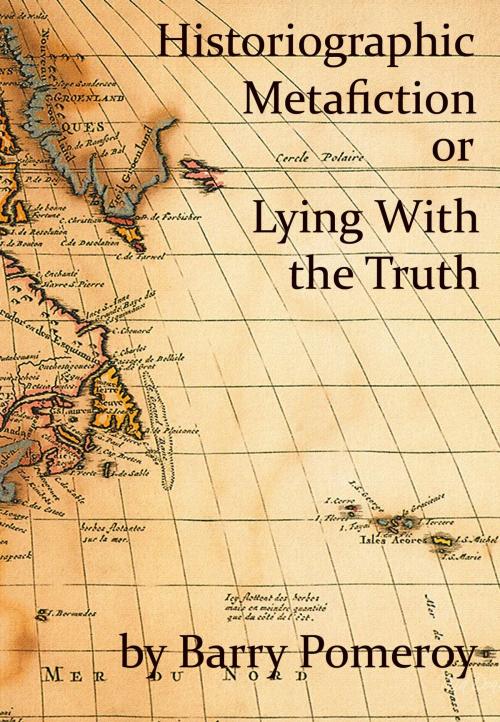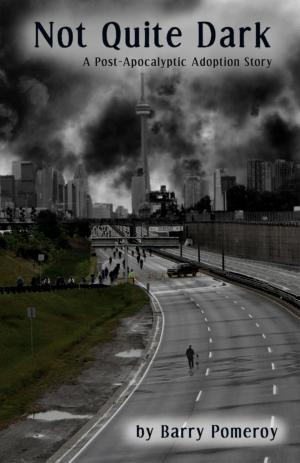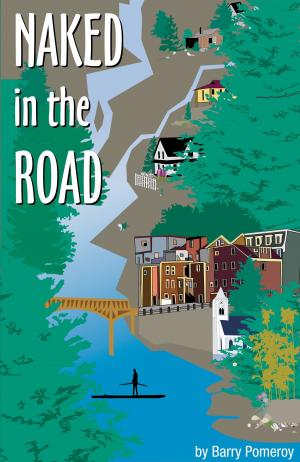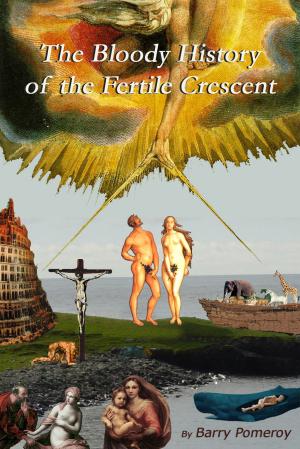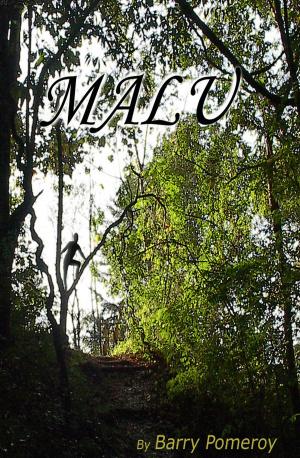Historiographic Metafiction
Fiction & Literature, Essays & Letters, Essays, Nonfiction, Religion & Spirituality, Philosophy| Author: | Barry Pomeroy | ISBN: | 9781987922325 |
| Publisher: | Barry Pomeroy | Publication: | November 27, 2015 |
| Imprint: | Smashwords Edition | Language: | English |
| Author: | Barry Pomeroy |
| ISBN: | 9781987922325 |
| Publisher: | Barry Pomeroy |
| Publication: | November 27, 2015 |
| Imprint: | Smashwords Edition |
| Language: | English |
In this project I ground my reading of historiographic metafiction in a series of postmodern texts which work out of and subvert traditional notions of historical writing. I use Linda Hutcheon’s construction of this postmodern genre to investigate the particular literary and historical strategies these texts use and abuse in order to write an alternative history. Beginning by reviewing the theory surrounding historical fiction as well as historiography, I investigate the specific textual strategies that historiographic genres—such as the postmodern novel, the Canadian long poem, the short story and to some extent, the film genre—use to present their self-reflexive interaction between history and fiction.
I open my discussion by analyzing those texts which both posit the necessity of history and investigate it as a verifiable discourse. I next discuss the necessity of history by looking at legitimizing historiographical strategies postmodern historical texts use: “found” texts, Comic Book covers and newspaper articles, the public archive and major players in historical events. Historiographic metafiction overturns these discourses by the use of anachronism and the deliberate falsification of an accepted historical version. I examine the gradually revealed multiple truth which is left to the reader’s interpretation and the construction of history as myth, as well as the problematic narrative voices—such as the so-called unreliable narrator and the use of the lyric “I” in the contemporary long poem. In some incarnations a historian figure directly criticizes/enacts how events become facts. Still other postmodern re-visionings of the historical past are politicized retellings which question the official historical version of particular historical events or people.
Arguing for the deliberately political and even polemical nature of historiographic metafictions, I focus upon these specific literary strategies in order to argue that historiographic metafiction’s specific and political use of these strategies is an attempt to recover, re-examine, mythologize and narrate the assorted discourses we call history. I argue that historiographic metafiction creates a previously nonexistent historical space which writes both people and events into a traditional history from which they have been deliberately—and with political motive—excluded.
In this project I ground my reading of historiographic metafiction in a series of postmodern texts which work out of and subvert traditional notions of historical writing. I use Linda Hutcheon’s construction of this postmodern genre to investigate the particular literary and historical strategies these texts use and abuse in order to write an alternative history. Beginning by reviewing the theory surrounding historical fiction as well as historiography, I investigate the specific textual strategies that historiographic genres—such as the postmodern novel, the Canadian long poem, the short story and to some extent, the film genre—use to present their self-reflexive interaction between history and fiction.
I open my discussion by analyzing those texts which both posit the necessity of history and investigate it as a verifiable discourse. I next discuss the necessity of history by looking at legitimizing historiographical strategies postmodern historical texts use: “found” texts, Comic Book covers and newspaper articles, the public archive and major players in historical events. Historiographic metafiction overturns these discourses by the use of anachronism and the deliberate falsification of an accepted historical version. I examine the gradually revealed multiple truth which is left to the reader’s interpretation and the construction of history as myth, as well as the problematic narrative voices—such as the so-called unreliable narrator and the use of the lyric “I” in the contemporary long poem. In some incarnations a historian figure directly criticizes/enacts how events become facts. Still other postmodern re-visionings of the historical past are politicized retellings which question the official historical version of particular historical events or people.
Arguing for the deliberately political and even polemical nature of historiographic metafictions, I focus upon these specific literary strategies in order to argue that historiographic metafiction’s specific and political use of these strategies is an attempt to recover, re-examine, mythologize and narrate the assorted discourses we call history. I argue that historiographic metafiction creates a previously nonexistent historical space which writes both people and events into a traditional history from which they have been deliberately—and with political motive—excluded.
